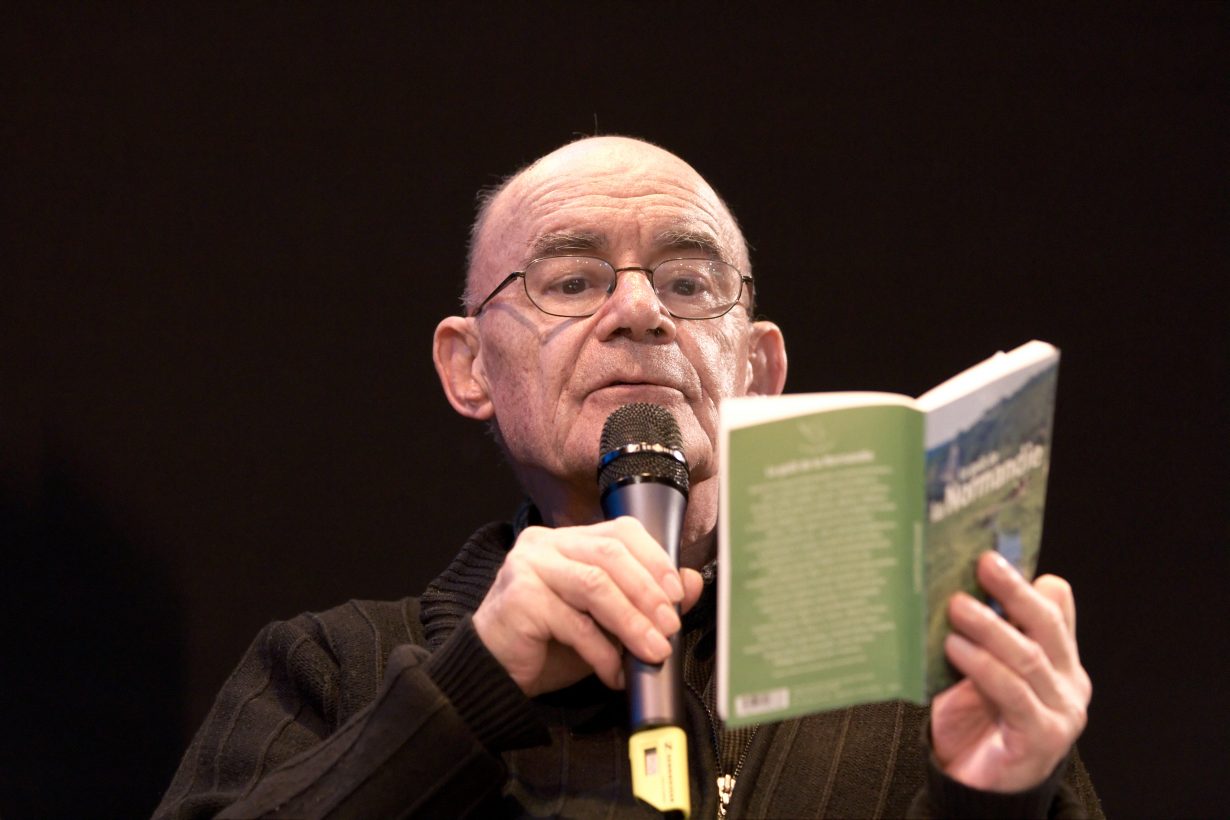
Jean-Luc Nancy, the French philosopher whose writing ranged from politics to art and film, has died. He was best known for his innovative, radical rereading of past thinkers: taking in Kant, Schelling, Sartre and Heidegger he posited freedom as a mode of personal property in L’Expérience de la liberté (1988); his 1993 book Le sens du monde (The Sense of the World) questioned what we mean when we say we live in the world, rather than above or apart from it, inspired by the writing of Nietzsche, Hegel, Marx, Levinas, Lacan, Derrida, and Deleuze.
Nancy also returned to the theme of ‘community’ many times, most notably in Being Singular Plural, his 2000 book exploring the relationship of the individual with the other and within the collective. Yet he was also an avid thinker on culture, writing on the Jena Romanticism of the Schlegel brothers in L’absolu littéraire (translated as The Literary Absolute in 1987) and, in The Evidence of Film (2001) the career of the Iranian filmmaker Abbas Kiarostami.
His book Les Muses, published in 1994 (translated as The Muses in 1996) champions Hegel’s thesis of the death of art, arguing that where art was central to ancient society, modern art exists on the margins. Two years earlier, Nancy had given a lecture at the Louvre in Paris on Caravaggio’s painting The Death of the Virgin (1604–06), arguing against art’s role as a document of world stating instead that the art object was a mode of existence in itself.
‘From the inside of (the) painting to the outside of (the) painting, there is nothing, no passage. There is painting, there is us, indistinctly, distinctly,’ writes Nancy. ‘Here, (the) painting is our access to the fact that we do not accede – either to the inside or to the outside of ourselves. Thus we exist. [Caravaggio’s] painting paints the threshold of existence. In these conditions, to paint does not mean to represent, but simply to pose the ground, the texture, and the pigment of the threshold.’
Nancy was a devout fan of On Kawara, whose own work mused on death, time and existence. ‘On Kawara’s question is how this inexposable can be exposed. (In a certain sense, it is perhaps a question which the arts never cease to take up and pass between themselves: how to grasp the ungraspable of passing, how to grasp the pure conjunction of passing and presence, of fleeing and stasis?),’ he wrote in 1997.
‘On Kawara gathers the time of men, measurers of time. A million years back, a million years ahead. Between the two, the space where we are: we here now, as much as and as everyone, at every moment and in every place. But everyone, also, in the present of he who makes the work, and who withdraws from it as he opens it, who withdraws from it as he exposes it.’
Born near Bordeaux in 1940, Nancy graduated with a degree in philosophy from the Sorbonne, Paris, in 1962, where he worked with Georges Canguilhem. During his time at the Sorbonne, he also worked with Paul Ricoeur, who supervised his MA thesis on Hegel’s philosophy of religion. He briefly taught in Colmar before becoming an assistant at the Institut de philosophie at the University of Strasbourg in 1968. In 1973, he completed his doctoral dissertation on Kant’s analogical discourse under the supervision of Ricoeur again. In the same year, Nancy became maître-assistant at the Université des Sciences Humaines in Strasbourg, where he remained a professor until his retirement in 2002.
From 2009 he had a fruitful collaboration with artist-filmmaker Phillip Warnell. He appears in Warnell’s 2009 film Outlandish: ‘Strange Foreign Bodies’, which also features a text Nancy wrote specifically for the project, ‘Étranges Corps Étrangers’; Nancy also contributed a poem, ‘Oh The Animals of Language’ to Warnell’s 2014 feature-length film Ming of Harlem: Twenty One Storeys in the Air. Warnell and Nancy worked on a new text-film collaboration which was completed in 2017, The Flying Proletarian. Clare Denis has also cited Nancy as an influence, with the philosopher’s L’intrus, an account of the experience of undergoing a heart transplant, forming the basis of her 2004 film The Intruder.